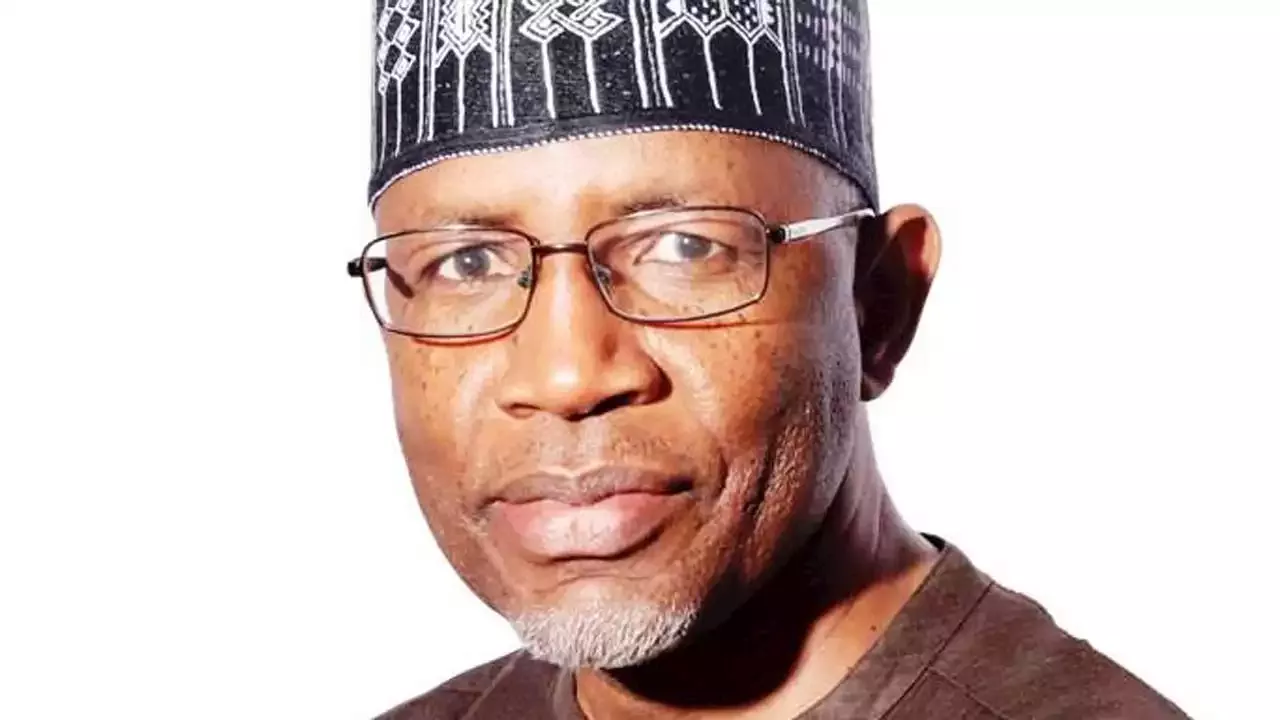Director-General of the SEC, Lamido YugudaWith a capitalisation of $56.6 billion or a paltry 13 per cent of the gross domestic product and 177 listed firms, experts said the market does not reflect the huge potential of the local economy.
The market infrastructure has also been modernised and strengthened with platforms for over-the-counter trading. In the case of the Egyptian Stock Exchange , 238 companies are currently quoted with a total market cap of $731 billion as of October 2021. The market cap is 12 per cent of the GDP. According to figures obtained from the World Federation of Exchanges, South Africa’s listed companies as of 2003 were 473 but the figure declined to 365 in 2020 while Egypt recorded about 255 in 2018, a figure that declined to 240 in 2020. In 2020, 60 companies were listed in Egypt while 177 quoted companies were listed in Nigeria.
Chief Executive Officer of the then NSE, Oscar Onyema, said the selection process of the 10 out of the 20 applications were those who met the minimum N570 million net capital base, compliance history, operational capabilities as well as technological capacity. Another factor that impacted negatively on market liquidity is the delisting of listed firms from the daily official list of the exchange. Data collated from NGX showed that a total of 36 companies were delisted from the market between May 2016 and May 2021.
Director-General, Securities and Exchange Commission , Lamido Yuguda, said the Commission had been working collaboratively with the exchange, adding that it will continue to support the NGX to grow the market capitalisation and reduce the incidence of delisting. The meteoric rise in share prices, coupled with heightened activities in the primary market where N2.4 trillion of new issues were listed drove the ASI and market cap at the end of 2007 to 57,990.22 points and N13.295 trillion respectively.
The impact of the reversal caused severe damage to the balance sheet of banks and the near-collapse of the stock market. Although the market has substantially recovered from that life-threatening distress over the years vestiges of the impact remain. Up to date, retail investors who were severely wounded in the market are yet to return.
According to him, if the nation’s capital market is deepened to serve as a barometer of the economy, its market cap can compete with Kenya where it was over 55.83 per cent of GDP in 2012 or $1 trillion market cap of South Africa.
Business Business Latest News, Business Business Headlines
Similar News:You can also read news stories similar to this one that we have collected from other news sources.
 Group Writes Finance Minister, Seeks Information On N3trillion Budgeted For Fuel Subsidy In 2022 | Sahara ReportersThe Nigerian Government had on Monday suspended its plan to remove fuel subsidy. voicemail Woju koko 2023 lets stand up with questions and fight Lets say youth2023 Let's hit the trend folks
Group Writes Finance Minister, Seeks Information On N3trillion Budgeted For Fuel Subsidy In 2022 | Sahara ReportersThe Nigerian Government had on Monday suspended its plan to remove fuel subsidy. voicemail Woju koko 2023 lets stand up with questions and fight Lets say youth2023 Let's hit the trend folks
Read more »
